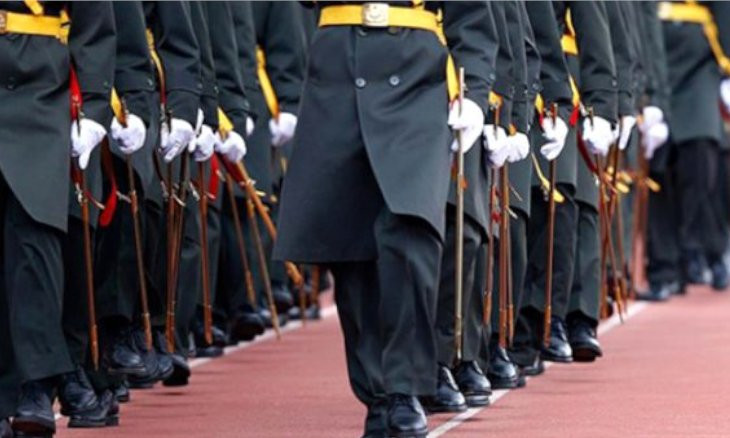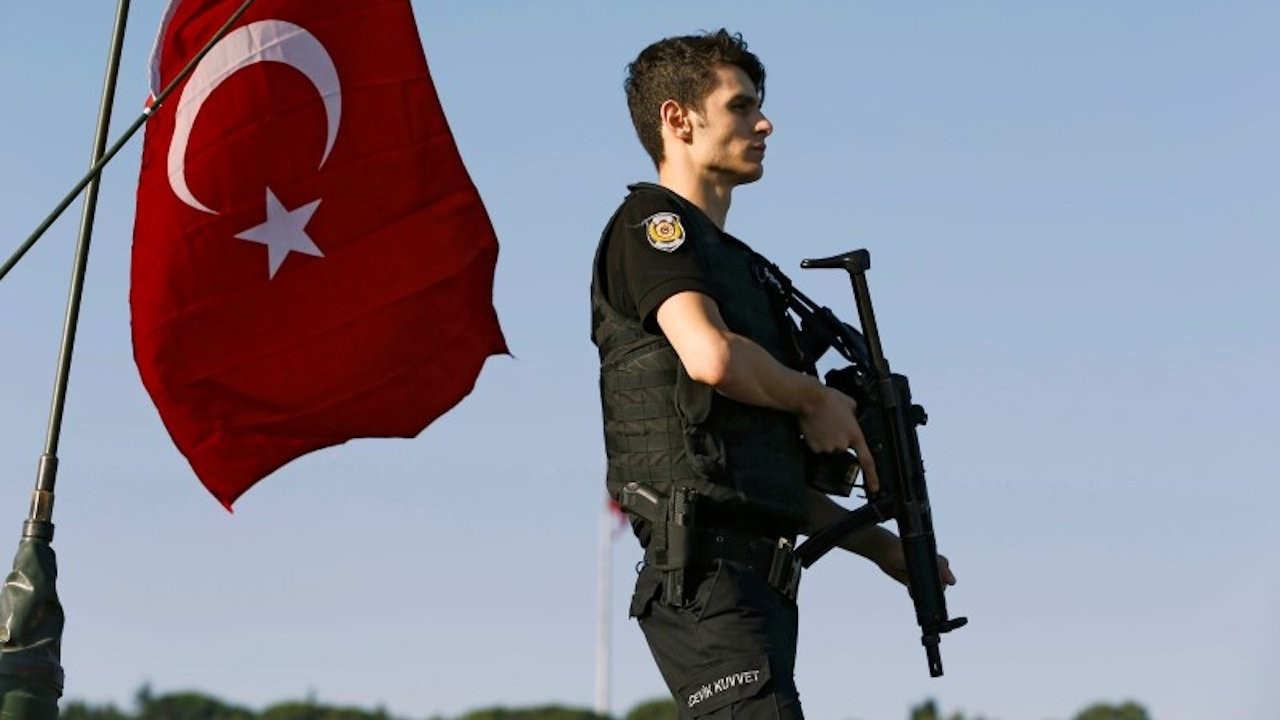Kurdish families whose houses were demolished during 2016 curfews in southeastern Turkey testify for receiving donation
Kurdish families were summoned to testify upon the prosecutor's office's request for accepting donations after their houses were demolished during the 2016 curfews in Turkey’s southeastern Şırnak province.
Duvar English
A Turkish prosecutor's office has summoned families to testify about the donations they accepted after their houses were demolished during the 2016 state of emergency curfews in Turkey’s southeastern province of Şırnak.
Although the İdil Chief Prosecutor's Office has not launched a formal investigation, family members have informed the People’s Democracy and Equality Party (HEDEP) local branches that they were summoned and questioned by the police about the donations.
The Şırnak Governor's Office on Feb. 16, 2016 enacted a curfew in the province. Military forces shot at and set fire to residences, and killed 23 civilians during the operations.
Non-governmental organizations initiated donation campaigns for those left homeless after the operations.
The Rojava Foundation, closed in 2016 with a presidential decree, donated food to needy families.
The “Sister Families Campaign” initiated by civil organizations collected funds from Kurdish families living in Europe to cover rents and other necessities of families in Şırnak.
The İdil Police Department in Şırnak has summoned 50 families for accepting donations seven years after the curfew operations by order of the Chief Prosecutor’s Office in İdil, according to reporting by the Mesopotamia News Agency.
Among those summoned was the family of Songül Erden, who was elected the co-mayor of Şırnak’s İdil district from the People’s Democratic Party (HDP) in the 2019 local elections.
Erden reported that police asked the families whether the Workers’ Party of Kurdistan (PKK) sent donations to them. She added that it was possible that the questioning would evolve into a full-blown investigation.
“The government insists that the PKK helped us,” said Erden, and called the situation a “scandal.”
“These families lost their homes during the 2016 curfews. They had no bread to eat, and no water to drink. They were focused* on survival,” said Erden about the afflicted families of Şırnak.
Erden described the donation campaigns as the “normal reactions of a sensitive bunch,” and called the government’s investigation “an intimidation tactic.”
“Is it forbidden to accept help?” asked Erden, and said it does not constitute a crime worth investigating in any law or regulation.

 Over 4,500 personnel dismissed from Turkish military since lifting of emergency ruleDomestic
Over 4,500 personnel dismissed from Turkish military since lifting of emergency ruleDomestic People booted from state jobs by emergency decrees facing serious financial troublesHuman Rights
People booted from state jobs by emergency decrees facing serious financial troublesHuman Rights Turkey's parliament approves bill extending emergency powers for another yearPolitics
Turkey's parliament approves bill extending emergency powers for another yearPolitics